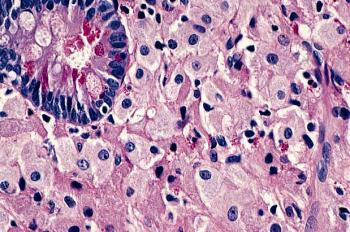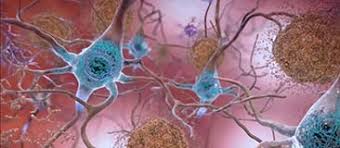Exercise improves brain cognition
“Sports are good for health” – behind this simple slogan is the profound scientific truth. A number of studies have shown that adherence to exercise can reduce the risk of future memory deficits.
A study of more than 1,000 Swedish women over a period of more than 40 years showed that people with higher cardiorespiratory fitness had an average delay of 9.5 years in dementia. However, this study does not reveal the actual effects of exercise on the brain.
So, does exercise help patients with Alzheimer’s disease to resist the deterioration of their condition? The Rudolph E. Tanzi team found through brain cognitive tests that patients who exercised regularly performed better in memory tests than sedentary people.
Exercise therapy is based on kinematics, biomechanics and neurodevelopment, with the main goal of improving physical, psychological and mental dysfunction. A treatment method in which the force and reaction force are the main factors. Exercise therapy has become more and more widely used as a non-pharmacological treatment for a variety of diseases including Alzheimer’s disease. Most research evidence shows that exercise with physical and mental exercise can effectively prevent or delay the deterioration of cognitive ability and improve the physical fitness, mood and quality of life of patients.
So, once Alzheimer’s disease occurs, how much benefit does exercise have for the brain? What is the relevant mechanism for exercise to improve Alzheimer’s disease?
Exercise promotes cytokine regeneration in the brain
In the human brain, there is a region called the hippocampus, which is responsible for learning and memory. One of the main symptoms of Alzheimer’s disease is memory loss. Therefore, research on hippocampus is also a research hotspot of Alzheimer’s disease.
There are neural progenitor cells in the hippocampus that are responsible for the generation of nerve cells. After differentiation, neural progenitor cells produce neurons and glial cells, which can secrete a variety of neurotrophic factors. Scientists have previously found that neuronal regeneration is impaired in the hippocampus of patients with Alzheimer’s disease.
Therefore, the researchers tested healthy mice that performed well in the memory test and found that they had neuronal regeneration in their brains. So, if we stimulate neuronal regeneration, will it improve the memory function of patients with Alzheimer’s disease?
Therefore, the researchers conducted experiments in mice with Alzheimer’s disease to induce neuronal regeneration in the hippocampus of mice by transgenic and drug injection methods. It was found that neurons in the brain of Alzheimer’s disease increased, but the symptoms of Alzheimer’s disease did not decrease.
At the same time, in the control experiments it is found that exercise alone and without induced neuronal regeneration cannot improve the symptoms of diseased mice. When the researchers combined exercise with induced neuronal regeneration, the beta amyloid deposition in the brain of Alzheimer’s disease mice was reduced, and the cognitive ability of mice was also improved. So how does exercise improve cognition?
Examination of mice with improved cognitive function revealed that cytokine levels were increased in the brain, and no increase in cytokines was detected in the brain of mice that did not exercise and only with induced neuronal regeneration.
Therefore, the researchers concluded that these cytokines play an important role in improving the cognitive function of diseased mice. Rudolph E. Tanzi directly promotes the expression of one of the neurotrophic factors (BDNF) by transgenic and drug-stimulated methods, and simultaneously induces neuronal regeneration, resulting in improved memory and cognition in the diseased mice.



